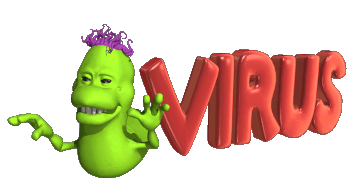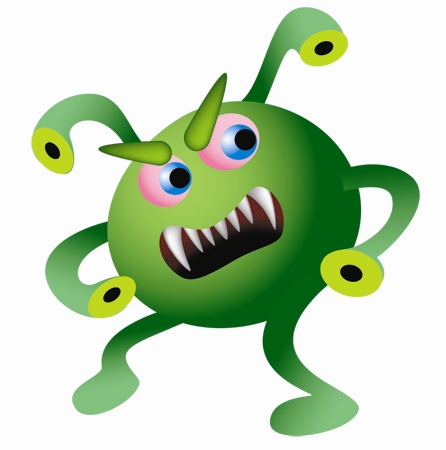
Viruses are very small agents, living inside the cells of others, that can infect animals, plants and microorganisms and make them sick. They depend on the host cells that they infect to reproduce, when found outside of host cells.
The study of plant viruses inspired some of the first experiments in molecular biology. In 1935, Wendell Stanley purified and partly crystallized Tobacco Mosaic Virus (TMV); other plant viruses were crystallized soon thereafter. Pure proteins had been crystallized only a short time before Stanley’s work, and it was considered very surprising at the time that a replicating organism could be crystallized.
Bacteriophages are viruses that multiply within bacteria. These viruses are among the more complex viruses. They often have icosahedral heads and helical tails. The virus that attacks and replicates in Escherichia coli. Bacteriophages contain DNA and are important tools for viral research.



